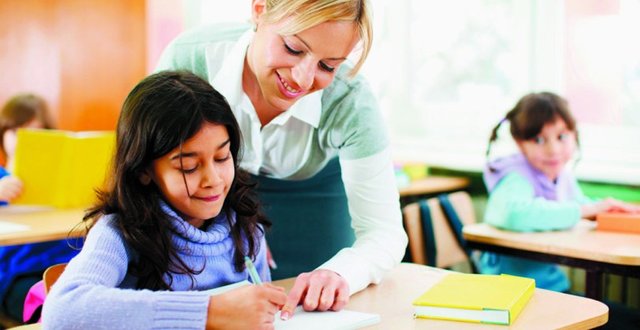How do you develop good teacher-student interactions? This is a question that has been asked many times, but how can you effectively develop student-teacher relationships? This article will address this question and provide tips on how to develop relationships with your students that will benefit you in the long run. Hopefully, these tips will help you improve your ability to interact effectively with your students and make teaching and learning fun!
First, you should develop a plan of action for each of your students. This includes setting boundaries and communicating expectations. In addition, you should also develop a plan for your interactions with each of your students. Make sure you do this before the school year begins. You should then evaluate the effectiveness of the plan you developed. If your plan isn't working, adjust it and move forward!
When establishing boundaries for yourself and for your students, you must be very clear about what the purpose of those boundaries are, and you should be consistent. These boundaries should not change after the school year begins. You should think about these boundaries from the perspective of what is best for your students. Therefore, if one boundary changes, you should go back and reevaluate the impact this boundary has on your students' progress.
A good relationship between a teacher and a student begins when both parties are open, honest, and mutually respectful. When you develop these elements, you will quickly find out if you have the right teacher-student interaction skills. If you have these qualities, you should be able to quickly build a good rapport with your students. You should be able to provide clear and precise instructions, and also be able to assist your students in both personal and professional development.
The first step you need to take in developing a good teacher-student relationship is to listen to your students, learn about their personal and professional needs, and know how to respond to their individual needs. There are a few key areas that should be included in this list:
These are just a few of the areas that should be included in the teacher-student relationship, but there are a lot more that you should consider. Because there are so many things that should be considered, it is imperative that you take the time to look through the details of each area and think about how the two of you will work together to solve each problem.
Finally, you should always try to provide support and encouragement to your students. As you develop good teacher-student relationships, you should continually remind your students that they are valued members of your classroom. Do not ever use reprimands or harsh words to "teach" them, but instead use positive reinforcement.
No matter what issues you have with your students, if you can avoid criticizing and only provide reinforcement when appropriate, your students will be more likely to show a positive attitude about their classes. Using these tips will help you learn how to develop good teacher-student interactions.


